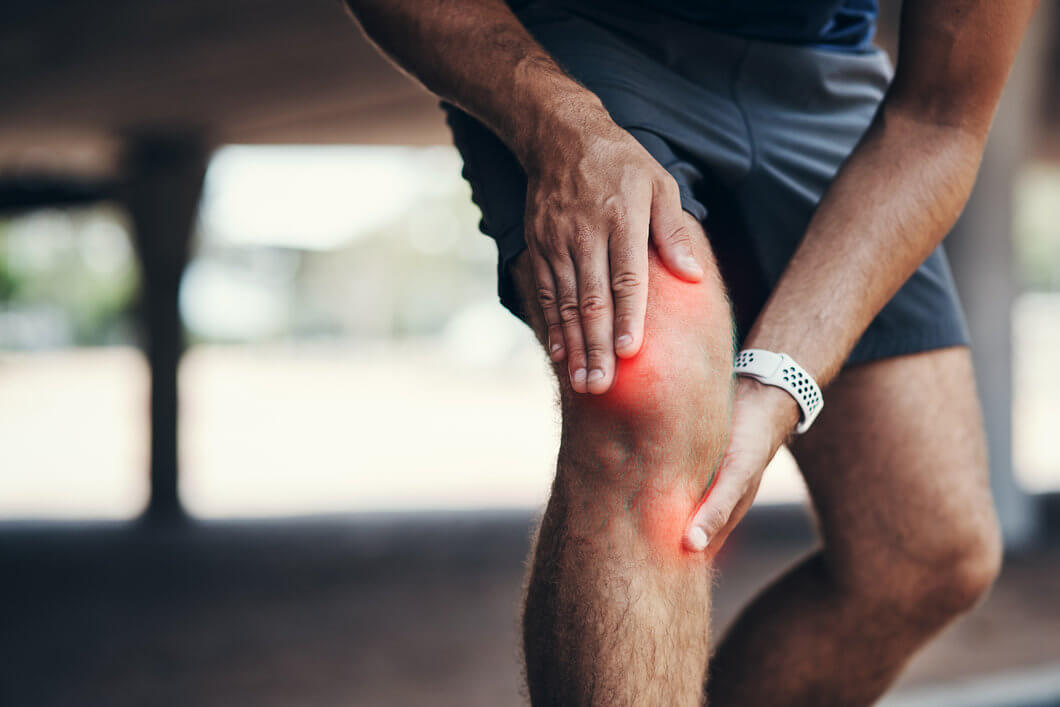Mr Deepu Sethi
Consultant Orthopaedic Surgeon
Specialist expertise: Knee Conditions, Sports Injuries, Orthopaedics, Knee, Knee Arthroscopy, ACL Surgery, Meniscal Surgery, Arthritis, Knee Replacement, PCL Surgery, Knee Injuries, Cartilage Injuries, Paediatrics.

